Recent studies show that animals experience grief similarly to humans, with dogs displaying depression symptoms after losing offspring. The healing power of cross-species adoption has gained attention among veterinary behaviorists worldwide. This remarkable phenomenon demonstrates nature’s capacity for emotional recovery through unexpected bonds.
Animal behaviorists have long documented the profound grief experienced by dogs who lose their puppies. The emotional journey from despair to renewed purpose through interspecies caregiving represents one of nature’s most touching demonstrations of maternal instinct transcending species boundaries. This story of canine recovery illuminates how unexpected encounters can transform devastating loss into life-affirming purpose.
When maternal instinct meets overwhelming grief
Lola’s world collapsed when her newborn puppies failed to survive birth. The devastating loss triggered severe depression symptoms that alarmed her family in Utah. Sharon Johnson, who shared this story through social media, witnessed firsthand how the canine’s grief manifested in heartbreaking ways.
The bereaved mother exhibited classic signs of canine depression. She refused food, avoided walks, and spent hours whimpering in corners where her puppies should have been. Her owners watched helplessly as their once-vibrant companion withdrew from life itself. The situation seemed hopeless until an unexpected Mother’s Day visit changed everything.
Veterinary experts recognize that dogs form intense bonds with their offspring, even when puppies don’t survive. Dr. Patricia McConnell’s research indicates that maternal dogs can experience grief for weeks following such losses. The emotional trauma often requires intervention to prevent long-term psychological damage.
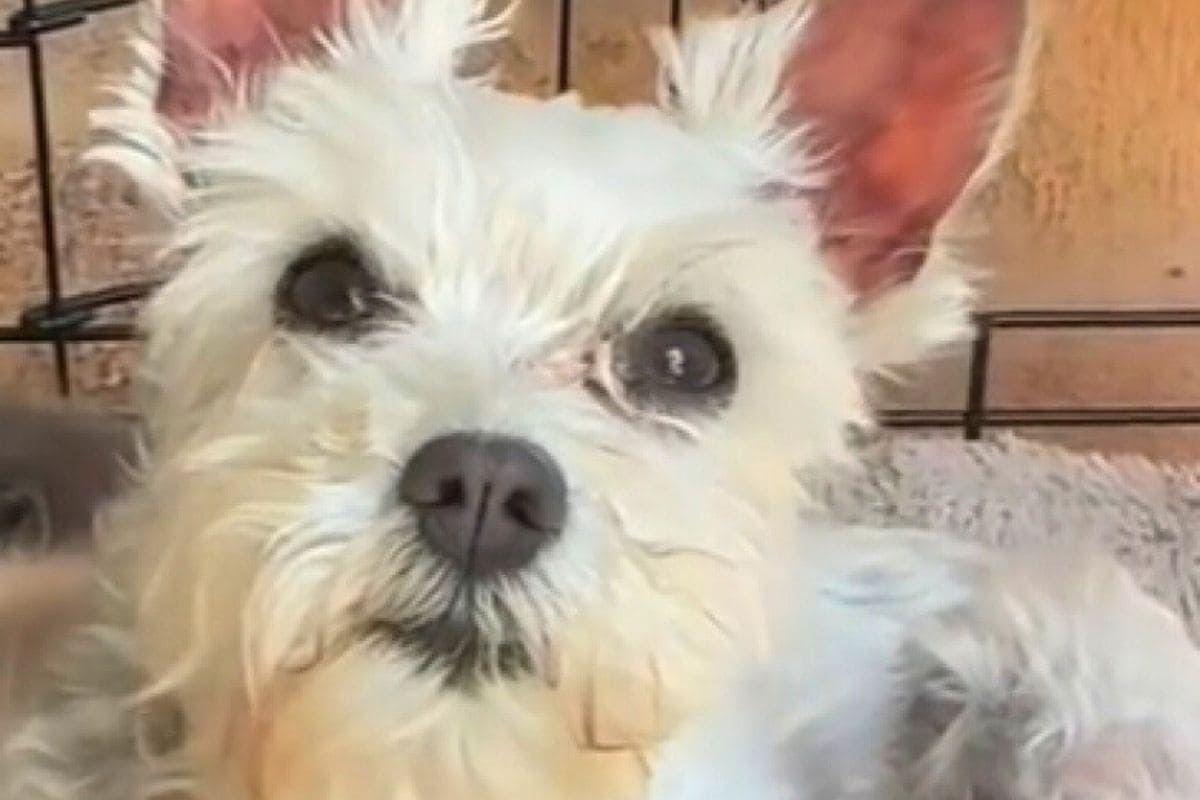
A mother’s day miracle unfolds
During a family gathering on May 12th, desperate meowing sounds interrupted the celebration. The family discovered several orphaned kittens trapped within a retaining wall, apparently abandoned by their mother. Despite hours of searching, no sign of the feline parent emerged.
While family members debated rescue strategies, Lola disappeared unnoticed. Her instincts had activated in ways no one anticipated. The grieving dog somehow accessed the trapped kittens and carefully extracted each one from their precarious situation. She transported them to safety inside the house, one by one.
This spontaneous rescue demonstrated the powerful maternal drive that transcends species barriers. Animal behaviorists note that dogs with recent pregnancy experiences often display heightened protective instincts toward vulnerable young animals, regardless of species.
Cross-species bonding transforms lives
The following morning revealed an extraordinary sight : Lola curled protectively around the rescued kittens. The orphaned felines had instinctively accepted their canine surrogate mother, creating an unusual but functional family unit. This arrangement provided mutual healing for all involved.
The transformation in Lola’s behavior was immediate and dramatic. Key changes included :
- Renewed appetite and regular eating patterns
- Return of playful, energetic behavior
- Protective vigilance over her adopted charges
- Restoration of normal sleep cycles
Research published in Applied Animal Behaviour Science confirms that surrogate parenting can effectively treat depression in animals who have lost offspring. The nurturing responsibilities provide purpose and emotional fulfillment that medication alone cannot achieve.
The science behind interspecies adoption
This remarkable recovery demonstrates how maternal hormones and instincts can redirect toward different species when circumstances align. Oxytocin, often called the “love hormone,” plays a crucial role in bonding between mothers and young across mammalian species.
Dr. Temple Grandin’s work on animal emotions supports the validity of such cross-species relationships. Her research indicates that mammals share fundamental emotional responses, making interspecies caregiving both possible and therapeutic. The mutual benefit extends beyond simple companionship to genuine psychological healing.
Cole & Marmalade, the popular feline advocacy platform that helped share Lola’s story, regularly documents similar cases worldwide. These accounts highlight how rescue situations often create unexpected families that thrive despite biological differences.
Lola’s journey from devastating grief to renewed joy through kitten adoption illustrates the remarkable resilience of maternal love. Her story offers hope for other animals experiencing similar losses while demonstrating nature’s capacity for healing through unexpected connections.

 2 days ago
8
2 days ago
8





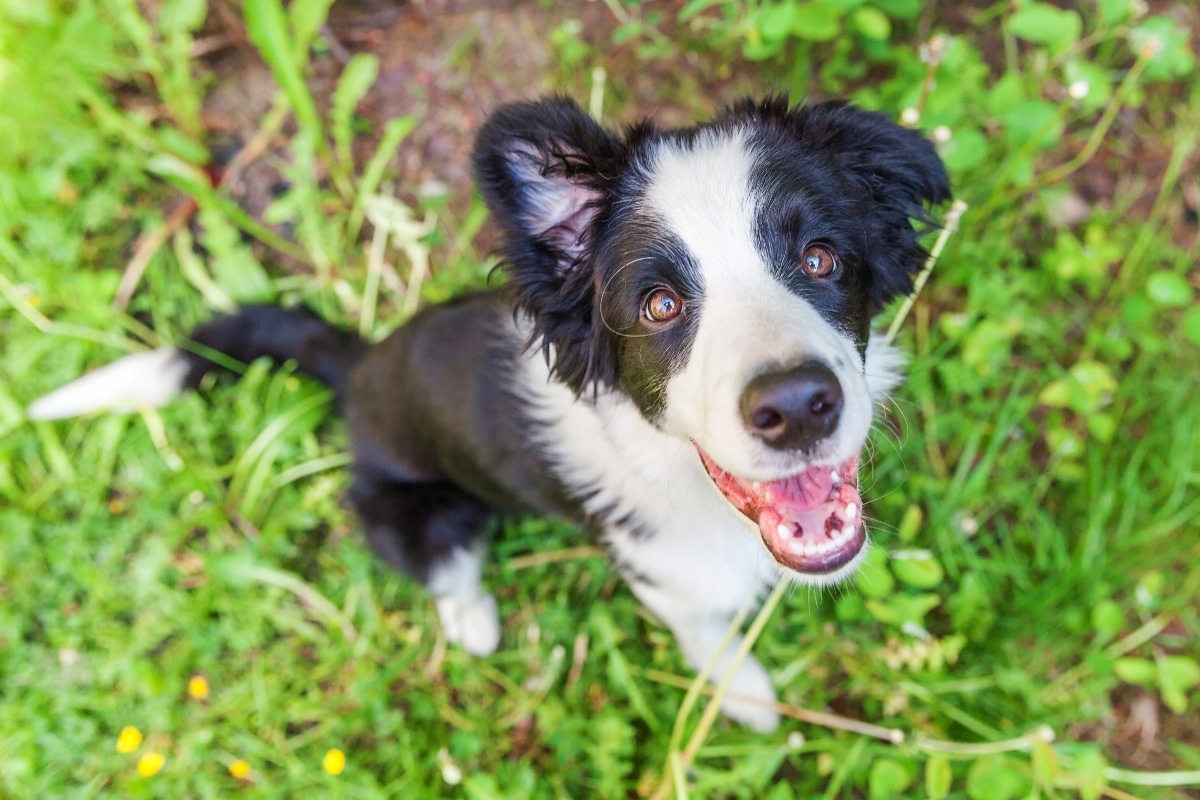




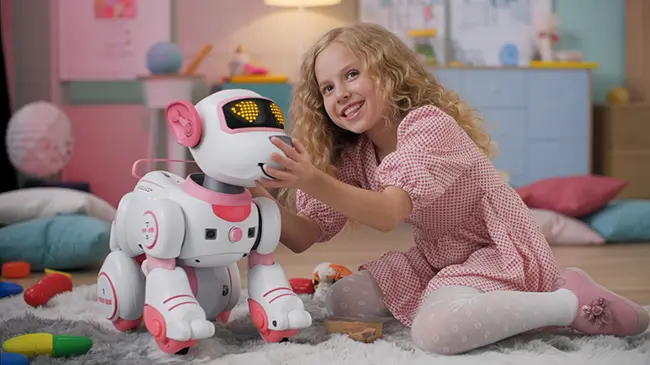
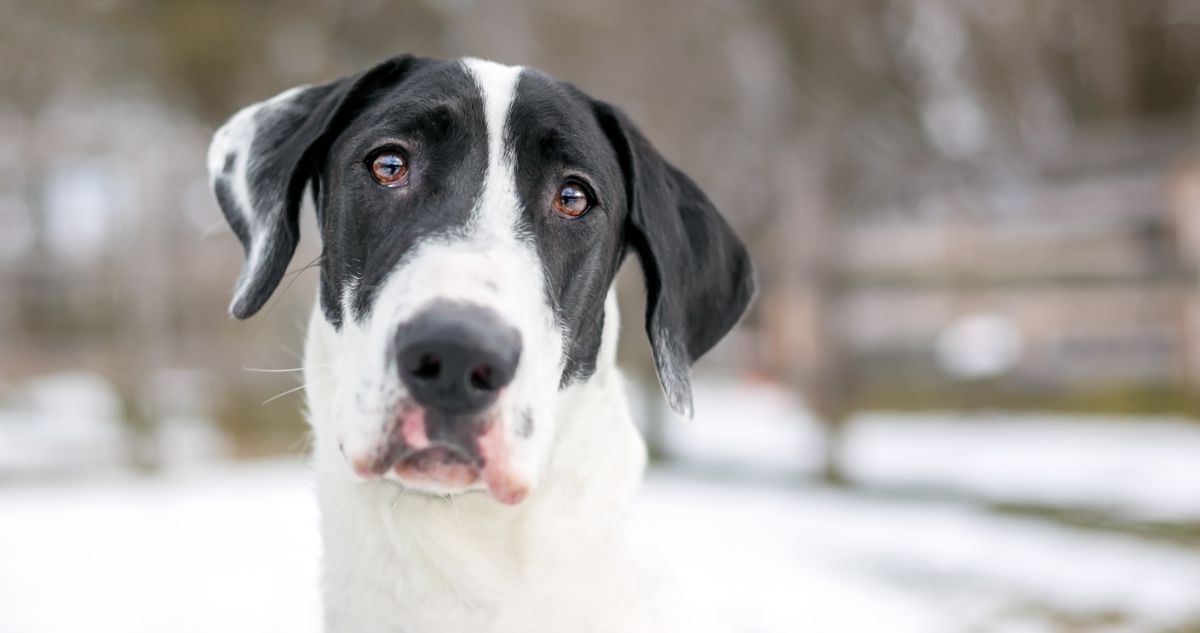




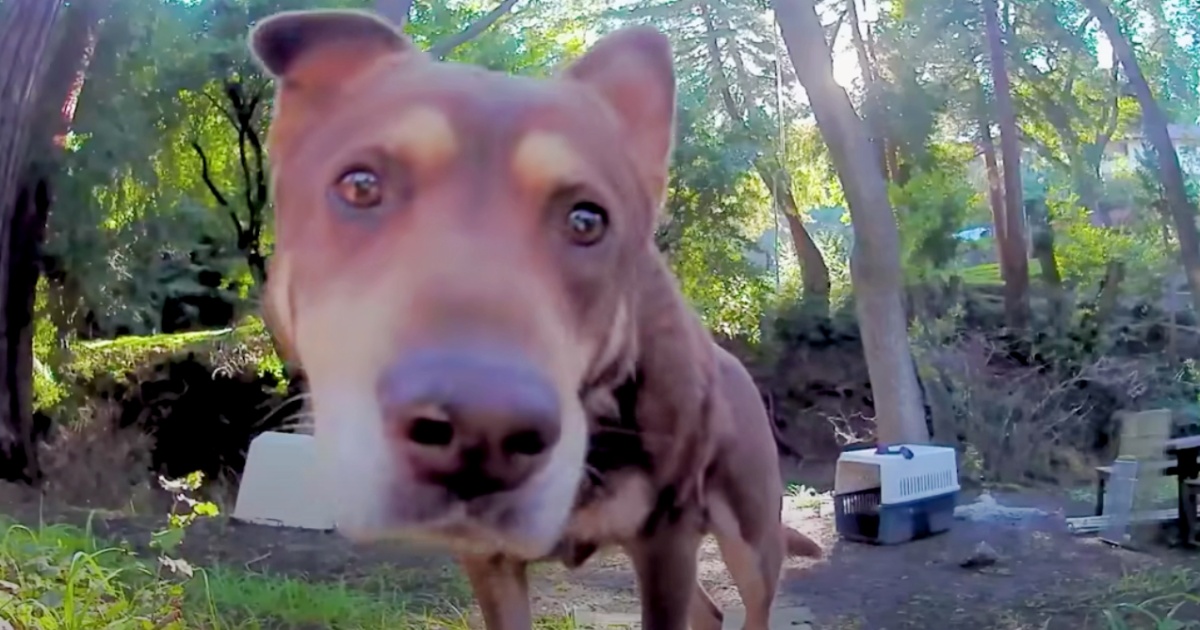

 English (US) ·
English (US) ·